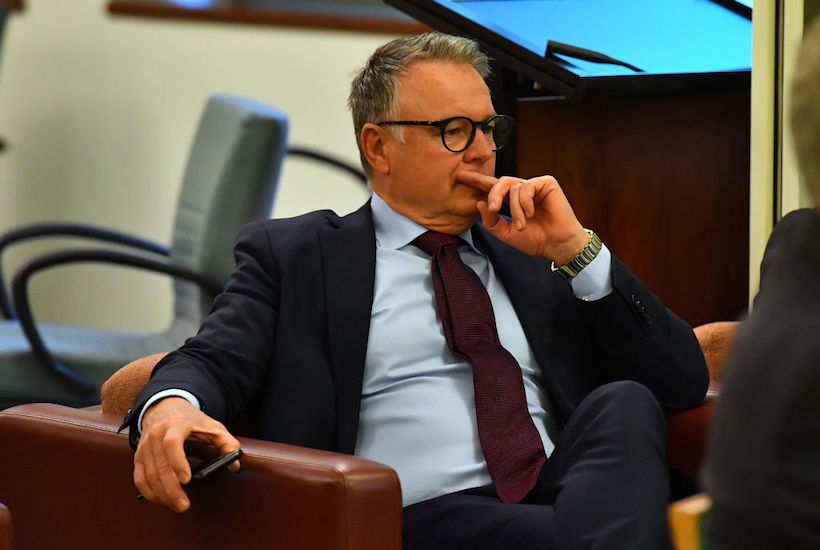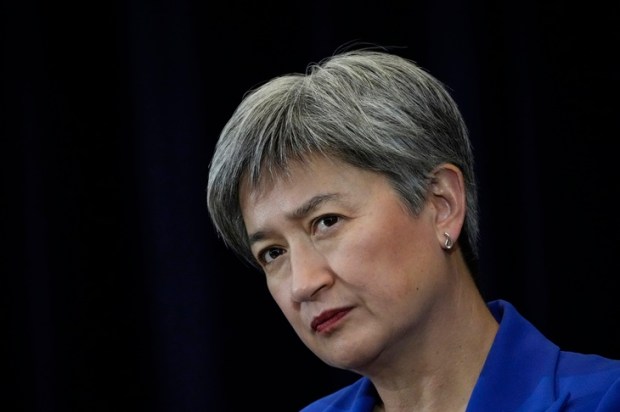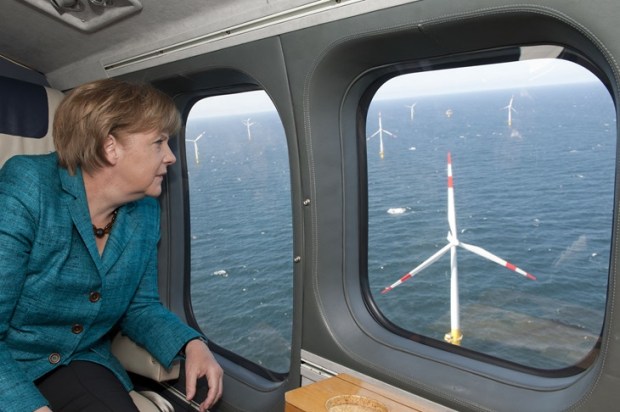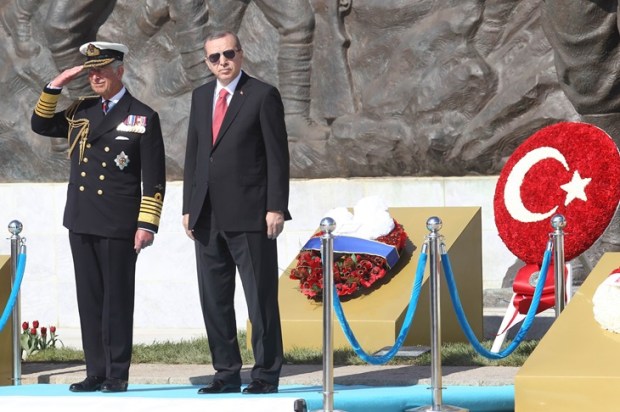There’s an old gag that says the sixties didn’t come to Australia until the election of Gough Whitlam in December 1972.
The inference, of course, is that trends are set overseas and Australia follows belatedly.
The election of Donald Trump in 2016 dismantled many previous political orthodoxies. Political leaders learned that it was possible to win without the bland, small-target approach of politicians like Tony Blair where the objective was to emphasize the similarities with your opponent and downplay the differences.
Trump broke that mould, presenting a vastly different policy vision and demeanour, eschewing the call to behave statesmanly, and instead, decried his opponent as ‘crooked Hillary’.
Trump’s 2016 election no doubt re-energised some conservatives who took Trump’s victory as a call to arms and an excuse to break away from the timidness of conservative leaders of recent decades. Cory Bernardi defected from the Liberal Party and, Trump’s election undoubtedly had some influence on Peter Dutton’s shadow campaign to succeed Malcolm Turnbull.
But why should Trumpism be limited to the Right? Yes, the Republican Party and the Liberal Party could be called sibling parties, but surely the appeal of a political outsider who cuts through the doublespeak of the political class cuts across party lines?
Some might point to figures like Jeremy Corbyn and Bernie Sanders as leftwing parallels to Trump, but there is cause for scepticism. Yes, Corbyn and Sanders appealed to the Labour Party and Democrat base just like Trump connected to the Republican Party base. But, the key with Trump was that he connected with outsiders, people who were not aligned to either of the two major parties. The constituency of white, working-class men was a previously untapped demographic for both major parties.
And here’s the thing: the Australian Labor Party also has a problem with exactly that same constituency.
In fact, the Labor-Liberal divide between self-identified, working-class voters has narrowed from a percentage gap of 35% in 1987 to just 9% in 2019, according to the ANU’s regular Australian Election Study. This group still more likely to vote Labor, but only just.
This is a dire statistic for a party which was formed to represent the interests of workers.
Whitlam’s election in 1972 formed the electoral model for the Labor Party as we know it today, remaking itself as the party of the middle-class. The ALP, however, has been unable to reconcile its position with this gradual desertion by working-class voters, which appears to have begun when the Keating government turned its attention away from bread-and-butter issues and towards matters that were more symbolic –- Mabo, a republic, a rhetorical emphasis on Asian engagement and so forth.
That’s not to say that working-class voters are staunch conservatives. On issues like trade protection, safety at work, health and education, Labor performs strongly with the working-class.
The issue is, in part, that the proliferation of accessible tertiary education, ironically by Labor governments, has given rise to a cultural divide, with the social capital of some rising astronomically while others have been left behind.
Those left behind do not necessarily view themselves as global citizens, they do not automatically view multiculturalism as the bee’s knees and concerns like the availability of gender-neutral bathrooms and whether Australia is a racist country are far down their list of priorities. These people, who may not have much, cling to what they do have – their job, their family, their community, their footy club, their nation.
It is precisely these things that many modern Labor politicians seek to undermine.
Enter Joel Fitzgibbon, a former electrician and the member for Hunter, which covers the Hunter Valley as well as regional towns like Singleton, Muswellbrook and Cessnock. Until a few weeks ago, Fitzgibbon was the only member of the frontbench with a trade background, now there are none.
Without Fitzgibbon on the frontbench, the Labor Party is driving blind, full of inner-city MPs with a delusional belief that campaigning hard on carbon reductions will win them the next election.
Fitzgibbon’s candidacy would be leftfield. Figures like Tanya Plibersek, Jim Chalmers and Clare O’Neil have been talked up as future leadership contenders by the commentariat; Fitzgibbon not so much.
He is a numbers man, an architect of the Rudd restoration of 2013 and a brutal pragmatist. When quizzed about Julia Gillard’s poll numbers on Q&A, Fitzgibbon said bluntly that popularity matters and, if the polling did not improve, Gillard would go.
Fitzgibbon has also had his fair share of gaffes, the most serious of which resulted in his resignation as defence minister after revelations that talks between his brother (the then CEO of health insurer NIB) and Defence officials had breached the Ministerial Code of Conduct.
But when Fitzgibbon returned to Cabinet after the Rudd Revival it was seen as a reward for his efforts in doing the numbers and, when he continued on the frontbench in opposition, it appeared more out of factional reality than merit.
Fitzgibbon is 58, relatively old for anyone to become a leader of one of the parties of government in Australia today — although some commentators claim there is a shift to older leaders, perhaps as a result of existential uncertainty or fear Generation X has failed with their focus-group driven politics and it takes a Baby Boomer politician to cut through.
More importantly, if Fitzgibbon is elected to the position, he will be the first Labor leader since Ben Chifley to represent a regional electorate; Chifley the engine driver from Bathurst who, like Fitzgibbon, never went to university.
Selecting someone from a trade background with a pragmatic approach to climate change could be what Labor needs to win back its former working-class base and convince them that they are not beholden to post-material concerns.
While a second-generation parliamentarian, Fitzgibbon is very different to the members of the professional political class also spoken about as Labor leaders; Tanya Plibersek, Jim Chalmers, Tony Burke, Chris Bowen, Richard Marles or Kevin Rudd’s ambitious successor in his inner-Brisbane seat, Terri Butler.
The difficulty with those candidates is whether any of them could be as credible as Fitzgibbon at bringing back Labor’s industrial base. He has some dirt under his fingernails and has been, as they saying goes, off-road.
If Labor wants to recapture the blue-collar vote, rather than paying lip-service to the working-class, they should show that they’re the real deal by electing someone outside the inner-city bubble as their leader and, of the available options, Joel Fitzgibbon seems like the best candidate.
The leadership election rules put in place by Kevin Rudd during his second coming would not pose an insurmountable barrier. All it takes is a simple majority vote of the Caucus to change them — and if the will was there to change leaders, that would surely be forthcoming.
So, will it happen? Probably not. Labor’s too far gone and social conservatives and pragmatists like Kim Beazley, Stephen Conroy, Joe Bullock, Jacinta Collins, Chris Ketter and Joel Fitzgibbon are all but extinct. When you look at the younger crop of Labor politicians (MPs elected since 2013 and born between 1975 and 1985) MPs like – Terri Butler, Jim Chalmers, Pat Conroy, Clare O’Neil, Tim Watts – they have never known anything but the party of Whitlam. Worse, a lot of them came of age (Jim Chalmers was 18 in 1996) in the post-Keating identity crisis of the Labor Party which seemed to be resolved with the election of Kevin Rudd in 2007 but then reared its ugly head again a few years later. For them, it’s very difficult to disentangle the party from its pro-clean energy, pro-identity politics, pro-multiculturalism identity of recent years.
Still, Labor MPs must be getting restless after seven years in Opposition. It was that amount of time before Labor MPs decided to roll the dice and make Mark Latham leader in 2003. Fitzgibbon, like Latham, would be a gamechanger — though the experiment is far less likely to end bitterly.
Got something to add? Join the discussion and comment below.
Get 10 issues for just $10
Subscribe to The Spectator Australia today for the next 10 magazine issues, plus full online access, for just $10.


























Comments
Don't miss out
Join the conversation with other Spectator Australia readers. Subscribe to leave a comment.
SUBSCRIBEAlready a subscriber? Log in